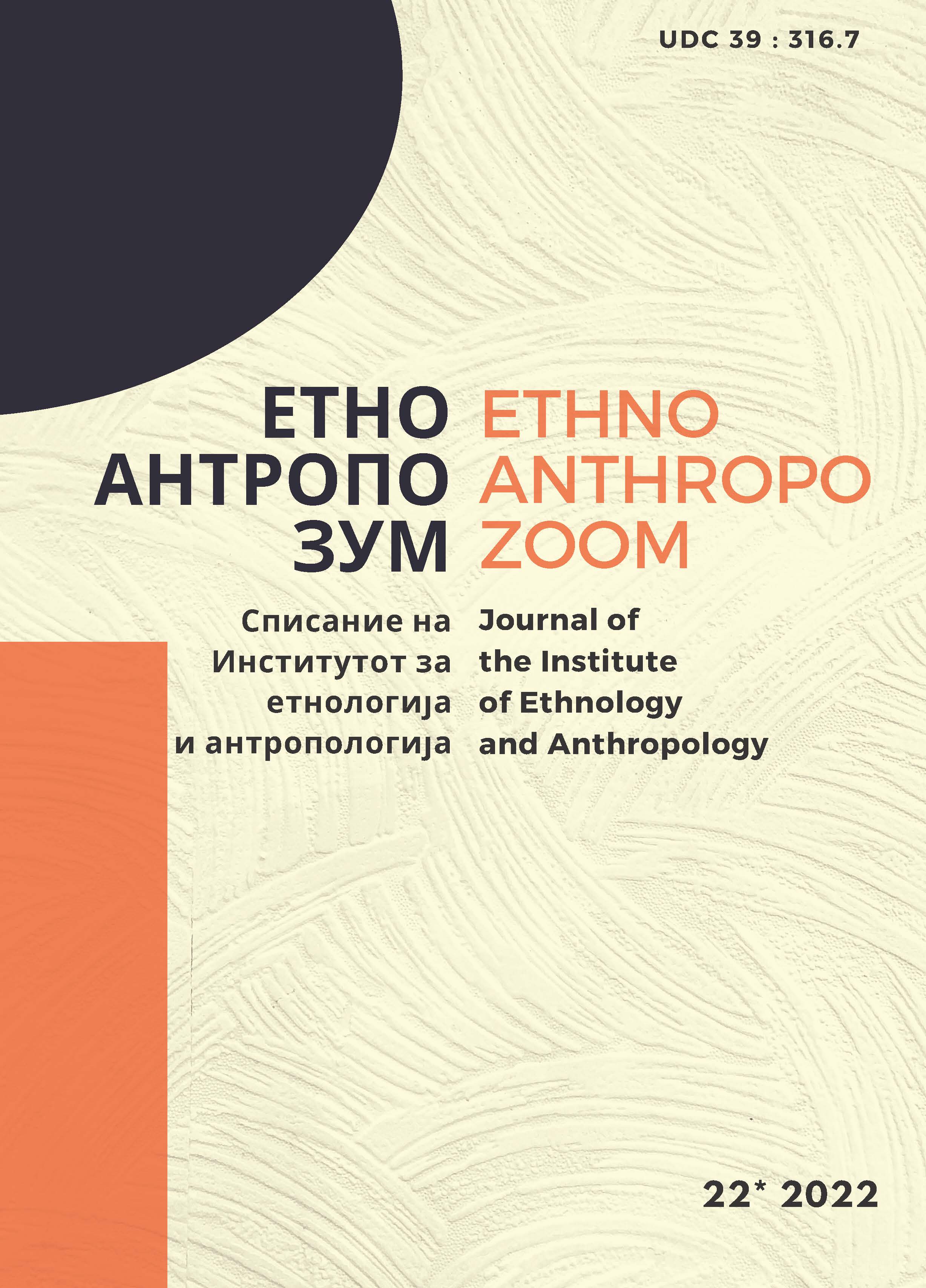GEZI PARK AS SPONTANEOUS DEVELOPMENT: RE-IMAGINING THE TURKISH PUBLIC
GEZI PARK AS SPONTANEOUS DEVELOPMENT: RE-IMAGINING THE TURKISH PUBLIC
Author(s): Eda Starova TahirSubject(s): Social Sciences, Sociology, Social Theory
Published by: Институт за етнологија и антропологија, Универзиетет »Св. Кирил и Методиј«
Keywords: Gezi Park movement; Turkey; spontaneous development; public space
Summary/Abstract: The subject of this paper is the Gezi Park movement that took place in the summer of 2013 in Turkey. Despite starting out as a peaceful protest to stop the demolition of Gezi Park for the purposes of the “Taksim Pedestrianization Project”, the gatherings quickly became one of the biggest social movements to take place in Turkish history. People from all ages, classes and social groups came together in support, after government attempts to suppress the protest through brutal police actions garnered widespread criticism. Although the movement did not generate any immediate or drastic political change, it did leave a lasting effect on the Turkish public, especially because of the immense solidarity and social cohesion demonstrated by the participants. Hence, in this paper, I will argue that Gezi Park could be treated as an example of ‘spontaneous development’, an informal process through which the citizens of Turkey re-imagined the Turkish public and possibilities of modes of life within the state. Instrumental in this process was the long-lasting stratification of the Turkish public between the laicist, Kemalist ‘modernists’ and the Islamic, Erdoğan ‘conservatives’. I argue that in the context of a historical and current repressive and silencing state, Turkish people constructed a Gezi community in direct opposition, in which social hierarchies were disbanded and freedom of speech was maintained as one of the highest values. By taking anthropological and developmental studies of the informal/formal sector dichotomy and their interrelation, I apply these understandings to the human development sector. Thus, I argue that informal modes of organization and maintenance of social cohesion can be treated as informal development, directly affecting people’s imaginations and actions, as well as a potential source of knowledge and inspiration for formal-sector development. In this sense, I employ Amartya Sen’s freedom-approach to development to demonstrate that freedom of expression played an instrumental role in the construction of this imagining. Further, I argue that despite theoretical limitations in social theory, ethnographic research and anthropological studies can be useful in the application of informal sector knowledge to formal development strategies.
Journal: EthnoAnthropoZoom / ЕтноАнтропоЗум
- Issue Year: 2022
- Issue No: 22
- Page Range: 11-57
- Page Count: 24
- Language: English

